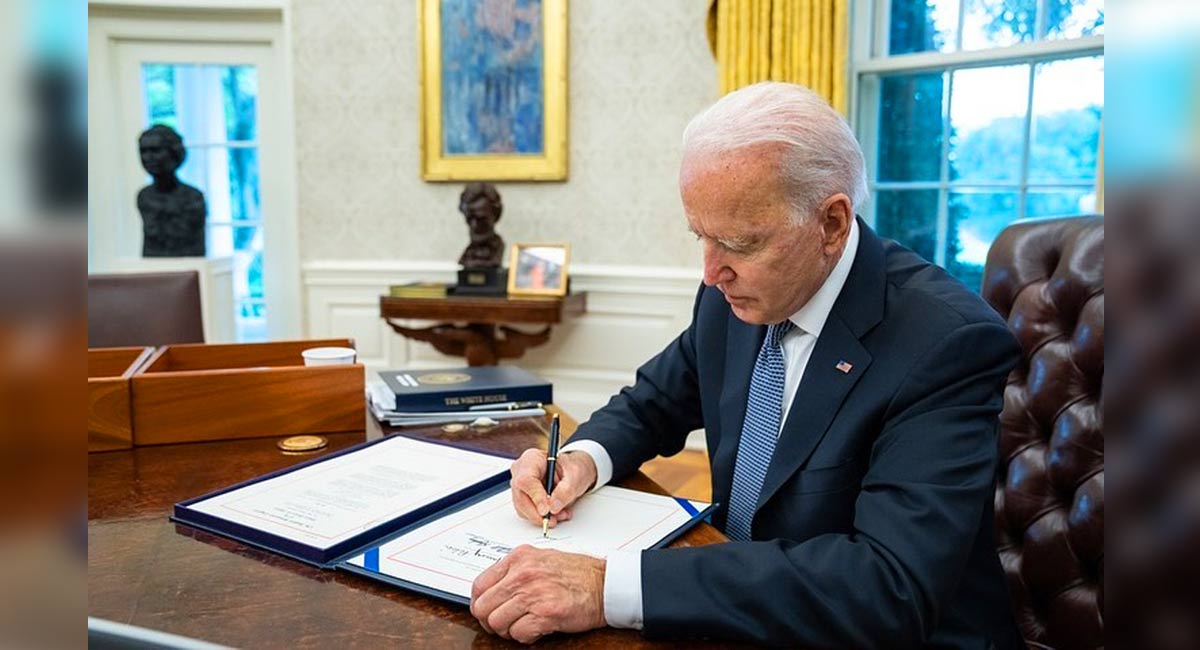Biden seeks to reassure US after two banks collapse

How did Silicon Valley Bank collapse?
Let’s take a step back, for those just joining us.
Silicon Valley Bank (SVB) was shut down by regulators who seized its assets on Friday.
It came after the bank was scrambling to raise money to plug a loss from the sale of assets affected by higher interest rates.
Word of the troubles led customers to race to withdraw funds, and ultimately to its collapse.
On Sunday, US authorities also moved to take over another institution – Signature Bank of New York. It had many clients involved in crypto and was seen as the institution most vulnerable to a similar bank run after SVB.
Panic has unfolded at SVB at a time of mass social media, when vast sums of money can be moved at the click of a mouse or touch of a smartphone.
For banks, it creates the potential for big movements in deposit bases in real time, making crises of confidence significantly more difficult to manage.
We’ve already seen this change play out in the stock market, where for awhile all attention was on meme stocks, like GameStop, with shares rising and falling based on Reddit sentiment.
Imagine the 2008 financial crisis with TikTok, Twitter, Instagram and WhatsApp – and how easy it would be to spread rumours from seemingly credible posters. – Faisal Islam Economics editor
What are the banks known for?
Let’s start with Silicon Valley Bank, or SVB:
- SVB was founded in 1983 and had deep roots in the Bay Area, where it was a big lender to local sectors, like the wine industry and the tech world. Its clients included startups such as vegan food giant Beyond Meat, networking firm Cisco, Vox Media and software firm DocuSign.
- It opened its first overseas offices in 2004, and expanded rapidly over the last decade, riding the tech boom to become America’s 16th largest bank. Many analysts thought it was in solid shape – it made the Forbes list of best banks just this year.
- SVB made money providing loans and other basic banking services, as well as through fund and asset management services, investing in firms alongside venture capital companies and underwriting tech IPOs.
- Around 40% of UK biotech firms, which develop many of the countries medicines, were banking with SVB’s British section. Due to the multiple years it can take to develop a drug, early-stage biotech firms often heavily rely on start-up friendly banks like SVB.







